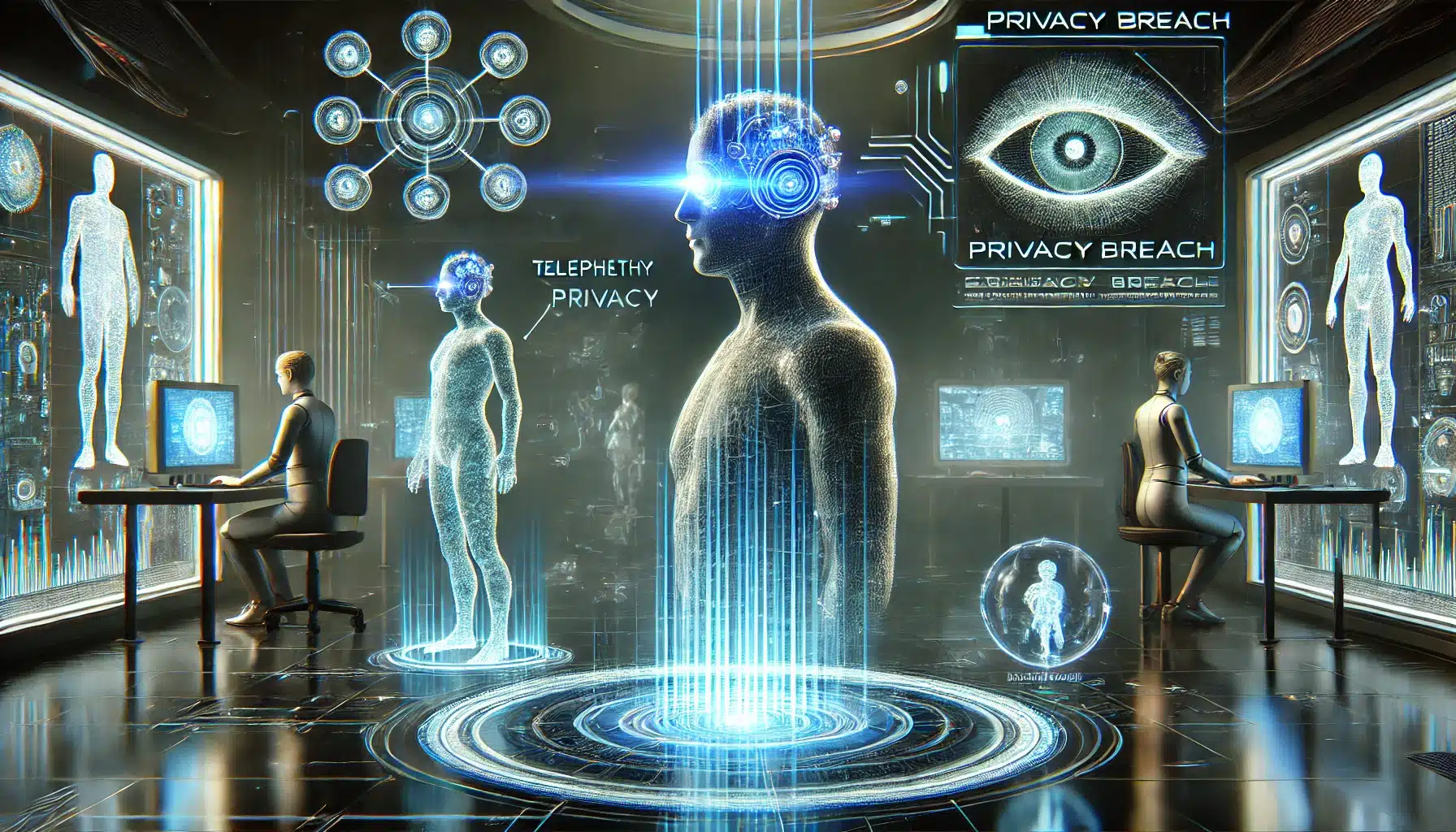 In the computer age, the idea of personal privacy is a thing of the past. With modern technology that allows unprecedented spying opportunities and the rollback of our constitutional right to privacy, Big Brother truly is watching. Nowadays, it’s a given that whatever you do online is being monitored.
In the computer age, the idea of personal privacy is a thing of the past. With modern technology that allows unprecedented spying opportunities and the rollback of our constitutional right to privacy, Big Brother truly is watching. Nowadays, it’s a given that whatever you do online is being monitored.
The main culprits are corporations that spy on your web surfing habits for marketing purposes. Seems harmless enough, but you don’t even know what third parties they’re giving the information to. And don’t expect the government to protect you; new laws enacted since 9-11 (including the ironically named “Patriot” Act) have given the feds a blank check to tap into your web surfing data.
Some folks would argue that, as long as you’re not doing something wrong, who cares if somebody’s watching? The answer is that all of us care. Would you allow a camera to be placed in your house? You’re not doing anything wrong, right?
If you’re looking at golf tips online, and some website is remembering you and storing your data, who cares? Maybe they’ll offer you a deal on golf goods. But if you’re looking at something more controversial, like grassroots political activism or handgun training, you may not want everybody knowing. Let’s be honest; there is a growing concern in this country with freedom and independence from government. We don’t agree with the ways the bloated federal government is interfering with our lives, and we want to change things. It might not be a good idea to broadcast this to law enforcement personnel or the FBI. What we ordinary folks consider common sense grassroots democracy, they might consider something “radical.” It sounds crazy, but this is the situation we face today.
The real point is that privacy is a fundamental right that is guaranteed by the United States Constitution. If we allow governments and corporations unlimited power to monitor us, our lives turn into the dark future foretold in George Orwell’s “1984.” And it’s already happening.
Arm Yourself and Protect Your Privacy
Instead of boycotting the internet, there are things you can do. First, let’s look at exactly how your private data is stored and collected.
Wherever you go on the internet, each click is stored on the hard disc of your computer. Even the questions you type into search engines are kept permanently. All of your personal information is stored on the hard disc, and unless you know how to erase it, it stays there permanently.
New technology on the internet includes tracking devices. If you know a little bit about internet privacy, you’re probably aware of “cookies.” Even erasing cookies doesn’t get rid of this stored data. These newer tracking devices are called “beacons.”
If you watch a video, it stores the data on the website permanently. One program that does this is Adobe Flash Player. When you want to watch a video online, it will often tell you that you need to download Adobe Flash Player. This program allows you to watch video, listen to music or enjoy other media. It also stores the data and sends it out to advertisers and marketers.
The beacon technology is also what got Facebook in trouble a few years ago. Facebook began taking personal information from users and sending it to companies for advertising. It raised privacy concerns and forced Facebook to stop using this system in 2009.
Tracking devices like these can’t be removed manually, but they can be removed with software add-on programs for your browser. One of the most highly recommended of these is the “Better Privacy” add-on for the browser Firefox. Every time you shut down your computer, Better Privacy erases tracking devices from your computer.
You can also limit these devices by adjusting your computer’s privacy settings or, in the case of Adobe, adjust the privacy settings on its “virtual control panel.”
You probably realize that there’s a tiny camera and microphone attached to your computer. This chillingly recalls Orwell’s “1984,” where each home is equipped with a camera that broadcasts everything in the house to a shadowy Ministry of Information. We’re not there yet; you can still protect your personal information and web surfing data with your computer’s privacy settings, or an add-on like “Better Privacy.” No matter what you’re doing online, it’s something worth looking into.
Other articles in this issue:
- The Critical Links of a Water Storage and Purification Plan
- Will the Elections Make Any Difference?
- How to Fight Off Aches and Pains – At Any Age – And Retain Your Youthful Vigor
If you liked this article you may be interested in this product from our sponsor.











